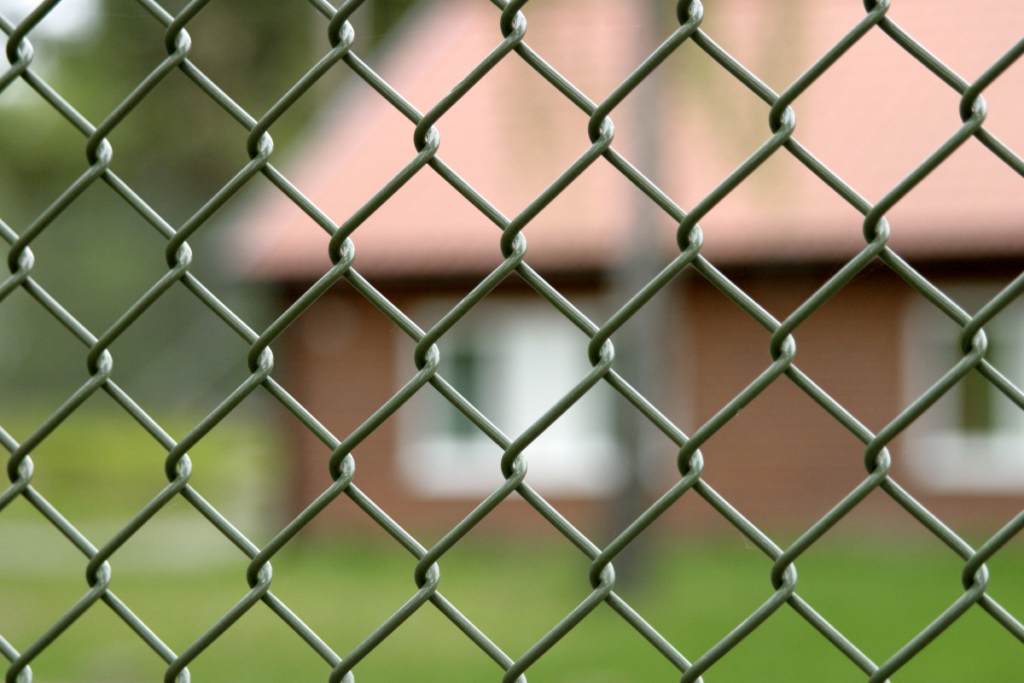Recent changes to bail laws for youth in New South Wales have sparked significant discussion in legal circles and the wider community.
In this article, we’ll break down the key changes to NSW’s youth bail laws, explore the potential consequences, and discuss how these alterations might affect juveniles facing criminal charges.
Whether you’re a concerned parent, a young person navigating the legal system, or simply interested in staying informed about important legal changes, this overview will provide valuable insights into the evolving landscape of youth bail laws in NSW.
Overview of Previous Bail Laws for Youth
Under the previous youth bail laws, a bail authority could only deny bail if they believed a young person presented an “unacceptable risk” of reoffending, as set out in Division 2 of the Bail Act 2013.
Unacceptable risks include:
- Failure to appear at court,
- Commit a serious offence,
- Endanger the safety of victims/individuals/community,
- Interfere with witnesses/evidence.
Details of the New Bail Laws
On 22 March 2024, the New South Wales Government passed the Bail and Crimes Amendment Bill 2024 to address repeated alleged offences by young people between the ages of 14 and 18, especially within regional NSW, for community safety purposes.
Under the proposed changes, young people who have been charged with serious break-and-enter offences or motor vehicle theft while out on bail for the same offences will face an additional test to be granted bail again.
Under the new test found in section 22C of the Bail Act 2013, young people charged with a serious break-and-enter or motor theft offence committed while out on bail cannot be granted further bail unless the bail authority has a high degree of confidence that they will not commit a further serious indictable offence if released.
Overall, this assessment includes evaluating the likelihood of reoffending alongside the factors in Division 2 of the Bail Act. And young people will be refused bail if this test and the Division 2 factors are not met.
The laws will be reviewed after 12 months to determine the effectiveness of the proposed changes on youth crime.
Furthermore, the NSW government has added a new offence to the Crimes Act known as a ‘performance crime offence’. Here, a performance crime makes it an offence to post images, footage, or material online of a relevant offence found in section 154K of the Crimes Act 1900, which is motor vehicle theft offences or break-and-enter offences.
If found guilty of such an offence, the offender will face the maximum penalty for the actual main offence plus an additional two years of imprisonment.
Potential Impact on Young Offenders
The NSW Law Society has stated that the new test is more stringent than the ‘show cause’ test applied to adults. It requires a high degree of confidence that a young person will not commit a serious indictable offence for bail to be granted.
This means there will be increased incarceration of young people who are unlikely to be found guilty of any offence and those who will not receive a custodial sentence even if found guilty.
This increased incarceration is concerning as there is evidence that suggests when a child is incarcerated, they are more likely to commit further offences, more prone to violent behaviour and less likely to finish their education.
Implications for the Criminal Justice System
The criminal justice system’s implications include incarceration expenses, costing taxpayers “well beyond $985,500 each person each year,” says Sue Higginson (NSW Greens justice).
Furthermore, given the cyclical nature of incarceration effects, it is likely that more young people will return to prison, thus leading to an increase in imprisonment rates, which will then lead to an overpopulation in our prison systems.
Criticisms and Controversies
Consequently, tightening bail laws for young people, especially young aboriginal children, has been expressed to be a retrograde step for the NSW Government by the NSW Law Society.
The Law Society has stated that the new changes have been introduced without any meaningful input from experts with daily experience of these issues, given the fact that it has been shown that tougher bail is a “tried and failed” method of reducing crime.
Rather, NSW Premier Chris Minns has stated that he has only conferred with mayors, police area commanders, and local communities who felt more needed to be done to address youth crime rates.
The Minns Labor Government has also ruled out raising the age of criminal responsibility from 10 to 14 years, which would have been in line with international human rights standards.
Ultimately, the bail changes and new offences have been described as undermining “the real solutions that will work”, which are “therapeutic and non-punitive”.
Key Takeaways
- The NSW Government introduced new bail laws on March 22, 2024, targeting repeat youth offenders aged 14-18.
- A new 'performance crime offence' has been added to the Crimes Act, making it illegal to post footage of motor vehicle theft or break-and-enter offences online.
- The NSW Law Society criticizes these changes as more stringent than adult bail tests.
- The reforms have sparked controversy due to lack of expert consultation, with critics arguing for therapeutic and non-punitive approaches instead of tougher bail laws.
In Need of Experienced Criminal Offence Lawyers?
If you or someone close to you have been fined or charged with a criminal offence in NSW, it is vital that you seek legal advice and legal representation.
The team at Hamilton Janke Lawyers have been recognised for their expertise in criminal matters by Doyle’s Guide and can provide you with sound advice and rigorous representation in court. Contact our expert Lawyers now.
Written By

Drew Hamilton
Drew Hamilton is founding partner at Hamilton Janke Lawyers. Admitted to the Supreme Court of New South Wales as a Solicitor and also listed on the High Court of Australia register.




